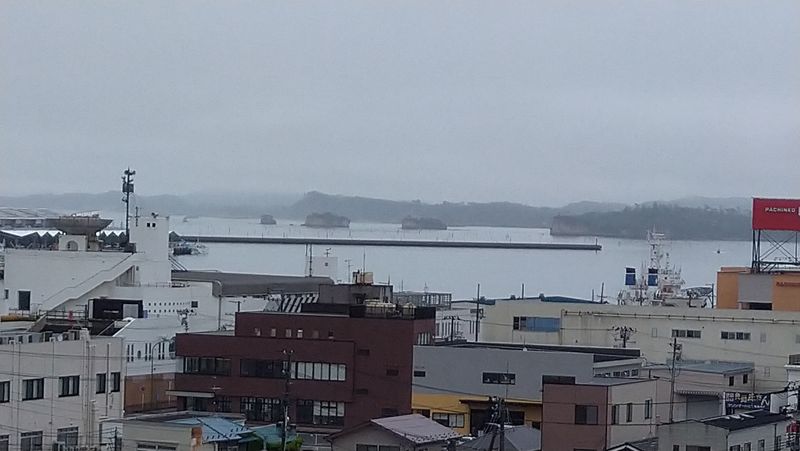Aug 3, 2021
Communication in Eikaiwa Management Explained via Ocean Pictures
In the thirteen years I have lived in Japan, I've worked at many different conversational schools. Some were multinational corporations. Others were mom-and-pop shops. Each has its own peculiarities but some things remain true throughout the lot.
Eikaiwa, or English Conversational School, is a service industry as well as an educational opportunity and the idea that the customer is always right tends to lead the way in Japan especially in an industry that is well past its prime. Inevitably, there will be points where any teacher has a miscommunication with the students, parents of child students, or other members of staff even in situations where all parties are highly fluent in the same language. How management resolves these disputes says a lot about whether or not the school is a good fit for the teacher or a good business at all.

It was like island fog. Are those islands? Complaints? Problems? Who knows? Not you!
My first job in Japan was with a massive company that provided little oversight into the day-to-day operations in the tiny mountain town where I found myself. I was the only foreign teacher on staff and any disputes between me and the one Japanese English teacher or the managers who sometimes came through should have been resolved in-house by the parties involved. Being that all other parties were Japanese, in the interest of office harmony, I was usually just left completely out of the loop when it came to complaints from students or even my coworker. I never knew what was going on and couldn't improve or explain.
I wasn't comfortable with this essential lack of management. When I had major issues in that job, be it a literal hornets' nest outside the door to my company-issued apartment or problems with a student's behavior in class, there was no one to turn to at my school. 
Islands? Problems? Nevermind, we're going too fast to care.
Smaller schools tend to be more hands on, but that doesn't necessarily mean better. One smaller company that I worked for after moving to Miyagi was an awkward fit for that reason especially. As a foreign teacher, I was asked to visit the weekly classes taught by Japanese housewives once a month to provide a native English experience for the kids. This sometimes forced me to work with people who never knew what to make of me and miscommunication happened. I only saw most of these classes once before I quit, the irregular schedule making it hard to bother with conflict resolution.
Oh look! We can see problems and navigate accordingly. Huzzah!
I currently work for a small school that is a good fit for me. When I have a problem, I can tell my bosses and know that they are interested in hearing me out and helping me with it. We have regular meetings where scheduling changes and other problems are addressed. When any of us has issues with a student, we come together to try to find a solution. I feel heard and appreciated here.
I hope you find a place that is as good of a fit for you if you're working in Japan.



0 Comments